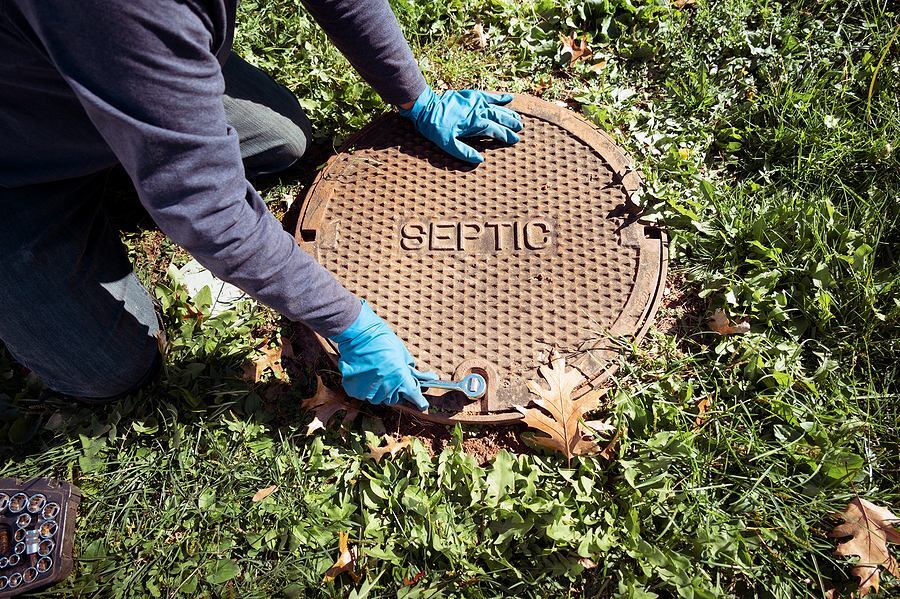
16
A septic system plays a critical role in managing household wastewater, especially for homes that are not connected to a municipal sewer system. While the process may seem complex, understanding how a septic tank filters wastewater can help you take better care of your system and avoid costly problems.
A septic tank is essentially a watertight container buried underground, typically made of concrete, fiberglass, or polyethylene. It’s designed to hold household wastewater long enough for the solids to settle at the bottom, forming a layer of sludge, while lighter materials such as oils and grease float to the top, forming a scum layer. In the middle, between the sludge and scum, is a layer of relatively clear liquid called effluent, which will be discharged into the drain field.
Proper filtration begins at this stage. The solids are kept within the tank while the effluent, after some natural separation, flows out to the next phase. However, without regular septic tank pumping, the sludge and scum layers can grow too thick, leading to blockages, backups, and potential system failure.
Bacteria play an essential role in breaking down the waste inside the septic tank. These naturally occurring microbes help decompose the organic materials in the wastewater, reducing the amount of solid waste that needs to be pumped out. This biological process helps the tank function more efficiently by digesting some of the sludge and preventing it from filling up too quickly.
However, if too much non-biodegradable waste enters the system, such as chemicals, cleaning products, or plastics, it can disrupt this process. This can lead to septic tank repair needs or even premature septic tank installation if the system fails completely.
Before the wastewater leaves the septic tank and enters the drain field, it passes through an effluent filter. This filter traps any remaining solids and prevents them from entering the drain field, which could clog the soil and cause serious problems. The effluent filter must be cleaned regularly during septic tank cleaning services to ensure that it functions properly.
After passing through the septic tank, the effluent enters the drain field, which is made up of perforated pipes buried in gravel or sand. As the wastewater slowly percolates through the soil, natural filtration processes remove harmful bacteria, viruses, and nutrients from the effluent. The soil acts as a biological filter, further cleaning the water before it re-enters the groundwater system.
Proper care of the drain field is essential for this process to work effectively. You should avoid parking vehicles or planting trees near the drain field, as heavy loads and root intrusion can damage the pipes, leading to the need for septic tank repair or even a new septic tank installation if the damage is extensive.
Regular maintenance, including septic tank pumping and cleaning, is vital to ensuring that your septic system continues to filter wastewater effectively. Without routine care, sludge and scum can build up, reducing the tank's capacity and preventing proper separation of waste. This can lead to backups, foul odors, and even groundwater contamination, necessitating expensive repairs or a full system replacement.
To keep your septic system working efficiently, it's recommended to have a septic company in Huntersville inspect your tank every 3 to 5 years, depending on household size and water usage. Routine septic tank pumping removes excess waste, allowing your system to function as designed and preventing costly issues down the line.
Whether you’re in need of septic tank cleaning or a new septic tank installation, working with a professional at Charlotte Septic Pros will ensure your system continues to function effectively, protecting your home and the environment.
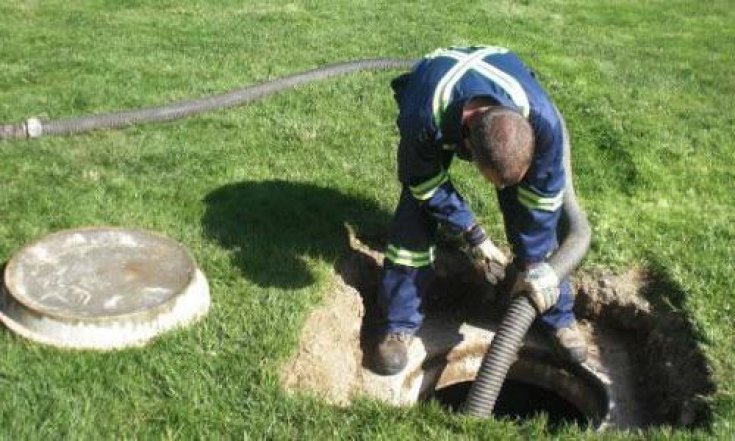
27
Pump Your Septic Tank Before Winter Hits As the temperatures drop and winter approaches, homeowners with septic systems have an…
Read more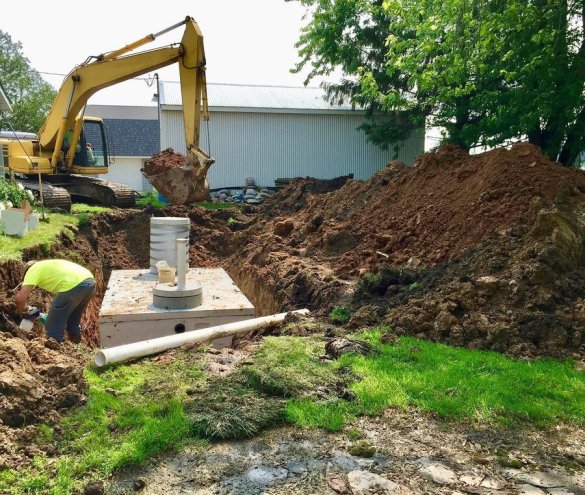
21
The Role of a Septic Contractor in a Smooth Installation Project When planning a new septic system, one of the…
Read more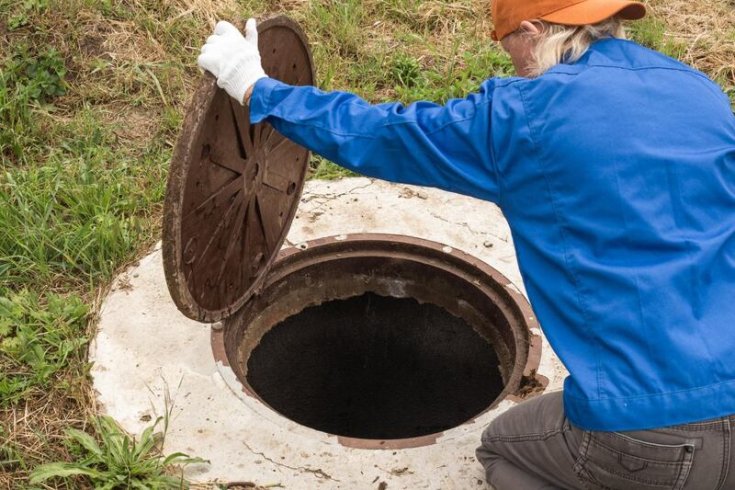
13
Preventative Measures for Septic System Odors Warm weather brings cookouts, outdoor fun, and unfortunately, for some homeowners, foul odors wafting…
Read more
07
Seasonal Septic Savvy: Tailoring Maintenance for Every Time of Year Your septic system plays a crucial role in your home's…
Read more.jpg)
02
Are Big Social Media Cleaning Trends Hurting Your Septic System? In recent years, social media platforms like TikTok, Instagram, and…
Read more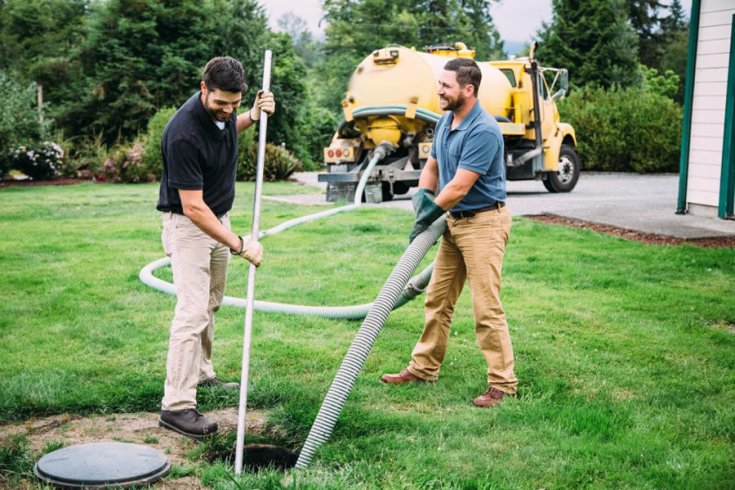
22
The Environmental Benefits of Proper Septic System Maintenance Your septic system is more than just a hidden part of your…
Read more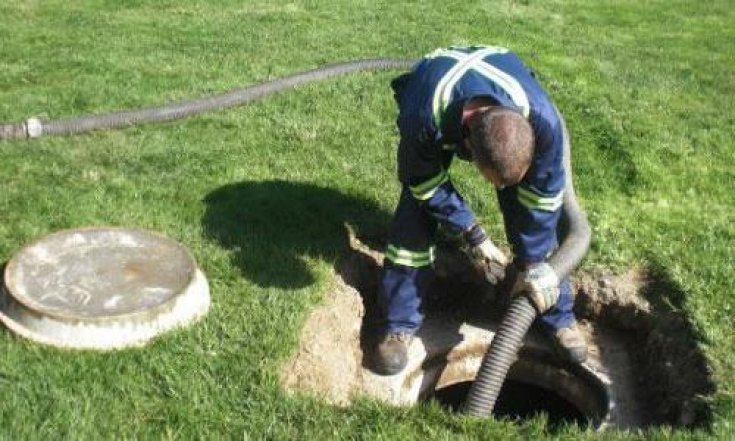
14
How Does Septic Pumping Work? If your home isn't connected to a city sewer system, chances are you rely on…
Read more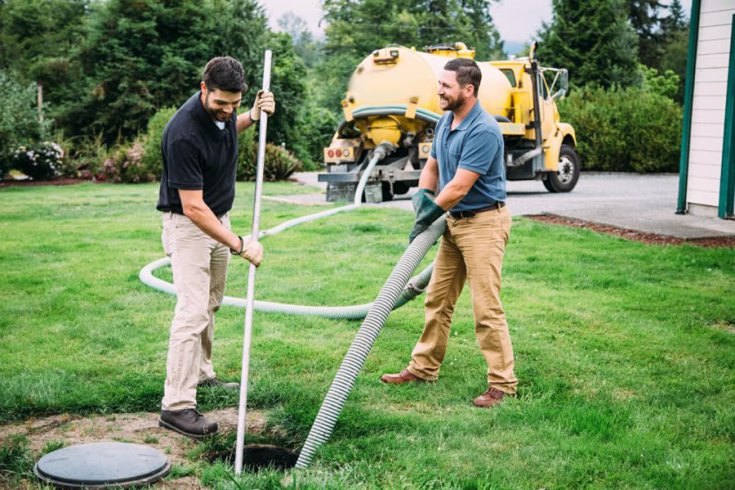
09
Environmental and Health Impacts of Septic Tanks Septic tanks are a common wastewater treatment solution, especially in rural and suburban…
Read more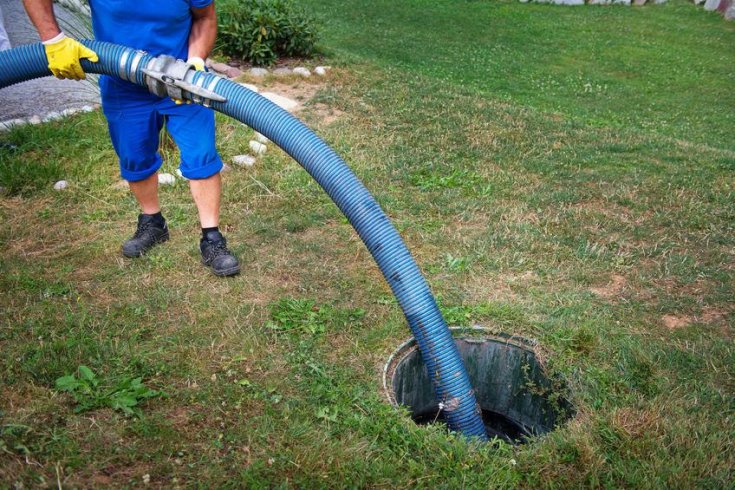
02
How to Keep Your Septic Tank Running Smoothly Your septic tank is one of the most important systems in your…
Read more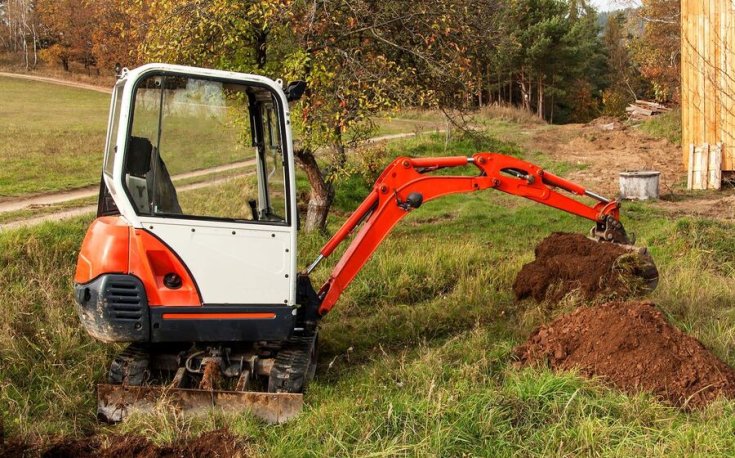
26
Choosing the Right Septic System Drain Field Expert When it comes to your home’s septic system, the drain field plays…
Read more